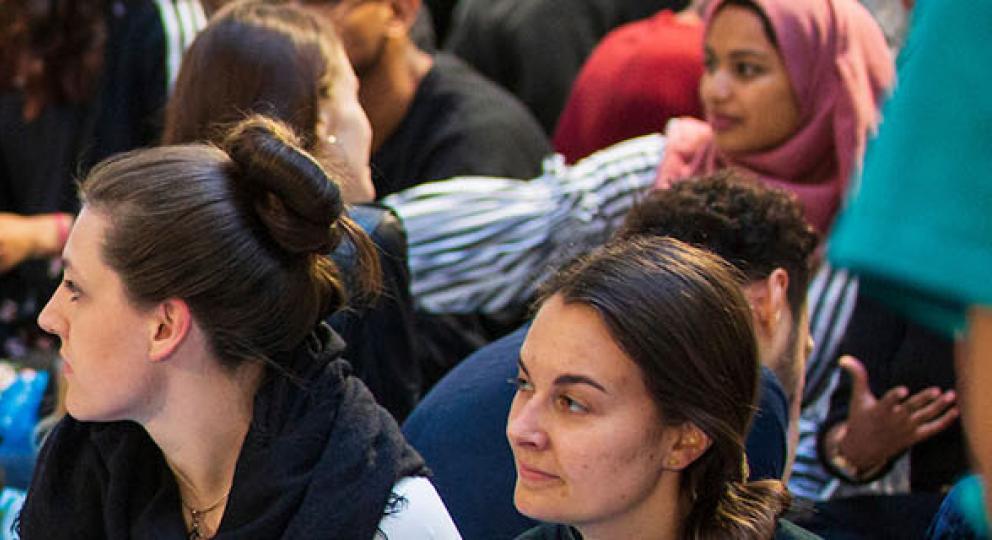Article 7 of the Human Rights Act
Article 7 means you cannot be charged with a criminal offence for an action that was not a crime when you committed it.
This means that public authorities must explain clearly what counts as a criminal offence so you know when you are breaking the law.
It is also against the law for the courts to give you a heavier punishment than was available at the time you committed an offence.
Are there any restrictions to this right?
The right to no punishment without law is absolute. This means that it cannot be restricted in any way.
However, the Human Rights Act does make an exception for acts that were ‘against the general law of civilised nations’ at the time they were committed. It was this type of provision that allowed war crimes and crimes against humanity to be prosecuted following the Second World War.
What the law says
This text is taken directly from the Human Rights Act.
Article 7: No punishment without law
1. No one shall be held guilty of any criminal offence on account of any act or omission which did not constitute a criminal offence under national law at the time when it was committed. Nor shall a heavier penalty be imposed than the one that was applicable at the time the criminal offence was committed.
2. This Article shall not prejudice the trial and punishment of any person for any act or omission which, at the time when it was committed, was criminal according to the general principles of law recognised by civilised nations.
Example case - R v Secretary of State for the Home Department, ex parte Uttley [2004]
A man convicted of various sexual offences, including rape, was sentenced to 12 years’ imprisonment. He was released after serving two-thirds of his sentence, subject to licence conditions (rules that must be followed after early release from prison) that applied for three-quarters of the original sentence. Had he been convicted and sentenced at the time the offences took place, however, the legal provisions then in force would have entitled him to temporary release without conditions. He argued that his licence conditions represented a heavier penalty than was applicable at the time his offences were committed, and that his right to no punishment without law had been breached.
The House of Lords disagreed. They held that human rights law would only be infringed if a sentence exceeded the maximum penalty available under the law in force at the time the offence was committed. That was not the case here because, even at the date of the offences, the maximum sentence for rape was life imprisonment. The intention of the right to no punishment without law was not to punish an offender in exactly same way as would have been the case at the time of the offence. It simply ensures that a person is not punished more heavily than the maximum penalty applicable at the time of the offence. In this case, the imposition of licence conditions did not make the sentence heavier than it would have been under the earlier regime.
(Case summary taken from ‘Human rights, human lives: a guide to the Human Rights Act for public authorities’. Download the publication for more examples and legal case studies that show how human rights work in practice.)
Last updated: 03 Jun 2021




